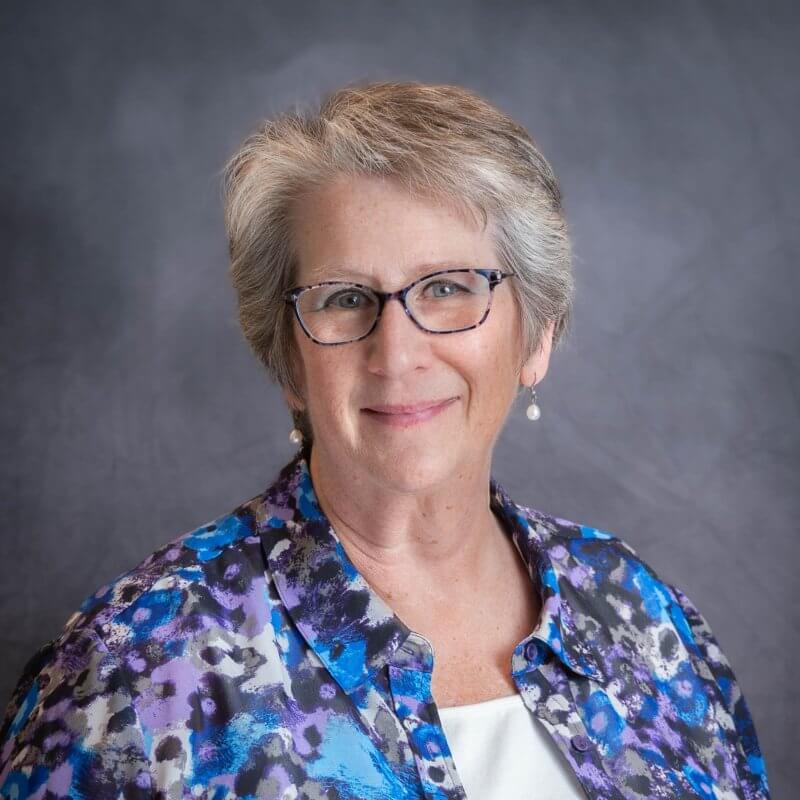By Pamela Leland, PhD, EVP/ Member Support Programs
When I was in my early twenties, I decided I wanted to learn how to quilt. I had made many of my clothes growing up (something that was common at that time) and I felt confident in my sewing skills. What did I do? I bought a book – think “quilting for dummies” – and got started.
I did a few small projects, started a larger project and then life intervened. Fast forward 10 years.
When I decided I wanted to start quilting again, I joined a quilt guild. I was looking to learn and be inspired. I appreciated going to the meetings, hearing guest speakers, and seeing what projects other members were working on. Being with other quilters increased my enthusiasm and desire to do more quilting. My hope for inspiration was fulfilled! I wanted to take my skills to the next level.
I took a class. And this is when I really learned how to quilt … though first, I had to un-learn a few incorrect behaviors. The knowledge, advice, and hands-on assistance from an expert changed me as a quilter and transformed the quality of my work.
If you think about my path with quilting, it isn’t dissimilar from our learning as organizational leaders. In our role, we often need to know something new or learn how to do something. We find a book, a website, or download a free publication. [Admit it: how many of us have downloaded a “how-to manual” on strategic planning, fundraising campaigns, or program evaluation? Raise your hand!]
After a time, we might realize we need something more. “Ten Easy Steps to Happy and Motivated Employees” isn’t really helping you address your needs. So, we join a group for support and problem-solving. We have moved into peer learning – the sector’s version of a quilt guild.
And then, after a time, we may realize it isn’t enough to know the steps in some process or have the support of others who have the same questions and struggles. We need an expert.
We need someone who can walk with us in this project or process. We need someone who has the experience or expertise that we don’t have … in order to do this project successfully. Then we call in the expert. We call in a consultant.
Consulting is a word that covers a wide range of support and assistance. In an ‘oldie but goodie’ article from the Harvard Business Review, Arthur Turner lists 7 possible objectives in a consulting engagement. These include:
- Providing information to a client.
- Solving a client’s problems.
- Making a diagnosis, which may necessitate redefinition of the problem.
- Making recommendations based on the diagnosis.
- Assisting with the implementation of recommended solutions.
- Building a consensus and commitment around corrective action.
- Facilitating client learning—that is, teaching clients how to resolve similar problems in the future.
- Permanently improving organizational effectiveness.
Turner asserts that this is a hierarchical list – a consulting ‘pyramid.’ Activities #1-5 need to be done before tackling Activities #6-8. He goes further, writing, “The lower-numbered purposes are better understood and practiced and are also more requested by clients. Many consultants, however, aspire to a higher stage on the pyramid ….” In other words, consultants can provide a range of assistance but hope to be involved in true organizational change and/or transformation.
This is our approach to consulting at DANA. Our goal – and our desire – is to strengthen the capacity of our members to achieve your missions more fully, and the Sector as a whole to achieve its larger purpose.
We understand, however, that the success of any consulting engagement is to create a process that will move the organization forward in a manner that is in alignment with project goals and organizational resources. We start where you are and provide what you need at a particular point in time. We then hope to build upon the successful outcome of that engagement to take you to an even greater level of organizational effectiveness.
The evidence of our success is in the development of long-term relationships with our members. We know we are doing well when we are brought back in to provide additional support and assistance or, in Turner’s model, move higher on the consulting pyramid.
Our consulting model reflects our commitment to an ongoing partnership and collaboration with you. How can we help you achieve your goals and desires?
Source: Arthur Turner, “Consulting Is More Than Giving Advice,” Harvard Business Review, September 1982
